|
Nau mai haere mai - and welcome to this week’s newsletter.
Five years after Australia and New Zealand introduced the Health Star Rating for foods, the system is under review. As Victoria University of Wellington commercial law expert Jessica Lai and her colleagues write, several aspects of the voluntary system will need to improve to make the food labels work for people trying to make healthy food choices.
New Zealand’s geographical isolation has meant that security has focused more on ensuring that global trade routes stay open for exports, rather than on protecting borders. But climate change is expected to generate instability in the South Pacific, and Massey University politics lecturer David Belgrave reckons the government will need to rethink the balance between strong pacifist traditions and defence spending.
You may not have heard of Foulden Maar and its exquisite fossils until a few weeks ago when scientists and locals started a campaign to protect it from mining. As University of Otago palaeontologist Nic Rawlence explains, a majority Malaysian-owned company has applied to create an open pit mine to extract diatomite, or “black pearl”, to turn it into pig and poultry feed - but they did not expect such strong opposition.
You’ll find plenty more in this newsletter and on the New Zealand page. Feel free to forward this email to anybody you think might enjoy it. They can sign up here. Thank you for reading. Ngā mihi mahana.
|
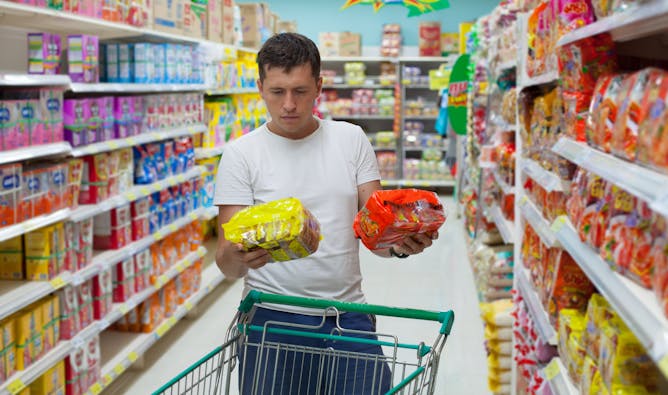
Most consumers are unaware that the Health Star Rating system is compensatory, and that one negative nutritional attribute, such as high sugar, can be cancelled out by a positive attribute like fibre.
from www.shutterstock.com
Jessica C Lai, Victoria University of Wellington; Alana Harrison, Victoria University of Wellington; Hongzhi Gao, Victoria University of Wellington; Samuel Becher, Victoria University of Wellington
A food heath labelling system Australia and New Zealand introduced five years ago is under review and needs a significant overhaul to make it useful for consumers looking for healthy options.
|
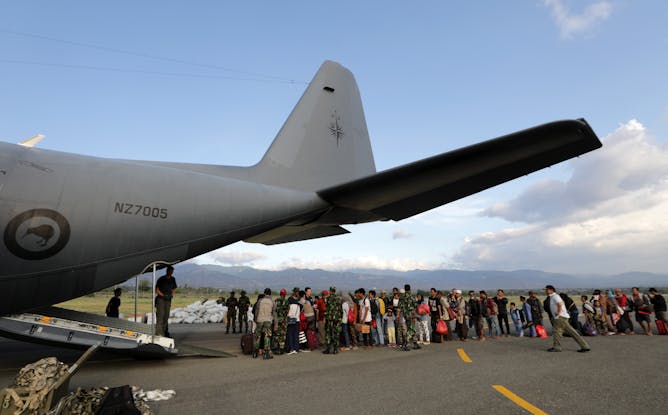
New Zealand’s military aircraft are used for disaster relief, such as following a series of earthquakes in Sulawesi in 2018.
EPA/Holti Simanjuntak
David Belgrave, Massey University
New Zealand's coalition government has to balance strong martial and pacifist traditions. But ageing equipment and climate change will require taxpayers to fund expensive upgrades for the military.
|
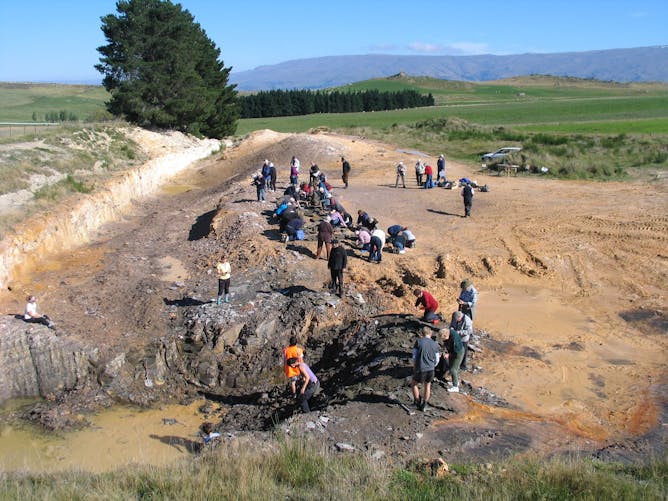
Foulden Maar formed 23 million years ago and contains tens of thousands of fossils of extinct plants and animals.
Supplied
Nic Rawlence, University of Otago
An Australian company's plan to mine a fossil-rich site in New Zealand to produce pig food has been described as unjustifiable vandalism. A campaign is under way to protect the site in perpetuity.
|
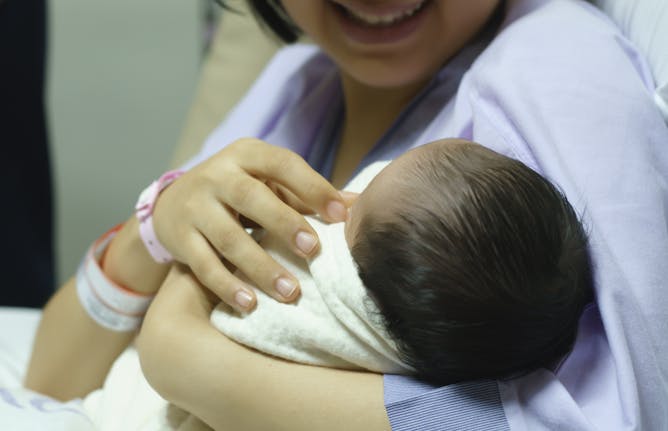
In 2018, the rate at which Māori babies were removed from their families was four times the rate for the rest of the New Zealand population.
from www.shutterstock.com
Dominic O'Sullivan, Charles Sturt University
Last week's attempted removal of a newborn Māori baby from his family highlights the issue that indigenous children are much more likely to be taken into state care, in New Zealand and other countries.
|
From The Conversation's international editions
|
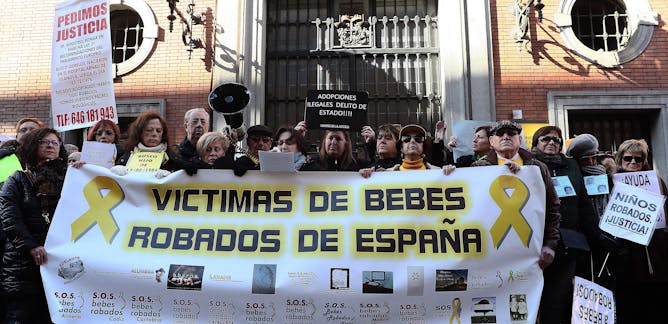
Vasilios Ioakimidis, University of Essex
Why social work needs a global truth and reconciliation commission.
| |
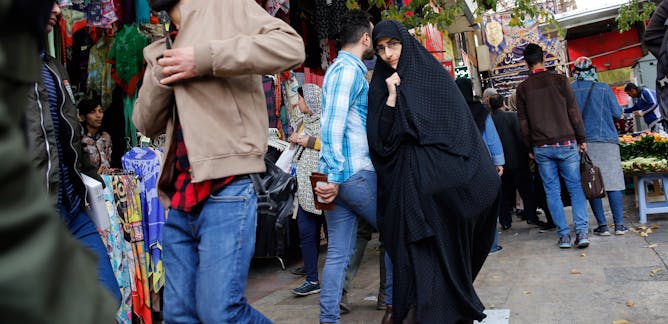
Tony Walker, La Trobe University
Washington's reimposition of harsh sanctions against Iran is one of the Trump administration's most irresponsible acts.
|
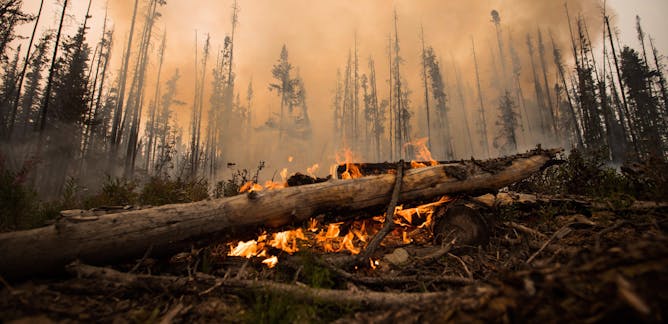
Jocelyn Stacey, University of British Columbia
Laws and policies that marginalize Indigenous people and communities make these same people vulnerable to disaster.
| |
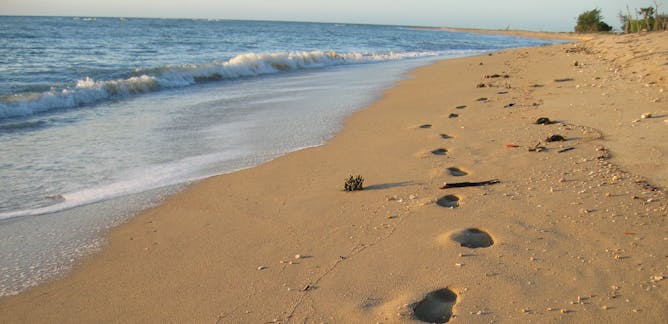
Corey J. A. Bradshaw, Flinders University; Laura S. Weyrich, University of Adelaide; Michael Bird, James Cook University; Sean Ulm, James Cook University
New research shows just how many first people were needed to create a viable population in what is now Australia.
|
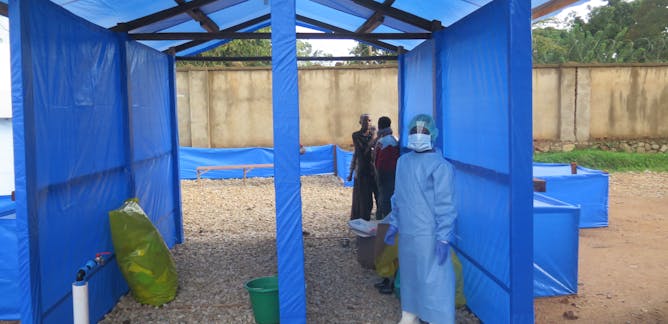
Janusz Paweska, National Institute for Communicable Diseases
Borders are porous between North Kivu province of the DRC and neighbouring countries, so the potential for spread is highly likely.
| |
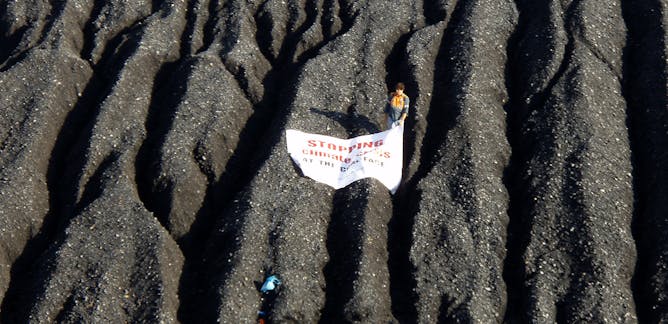
Matt McDonald, The University of Queensland
Yes, Australia's greenhouse emissions are a small part of the global total. But we're a rich, emissions-intensive country that could and should be setting a much better example to the world.
|
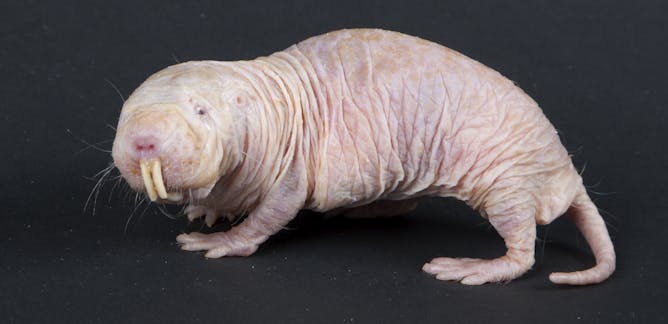
Ewan St. John Smith, University of Cambridge
It may look like a whiskered cocktail sausage, but the naked mole rat's incredible biology may one day improve countless lives.
| |
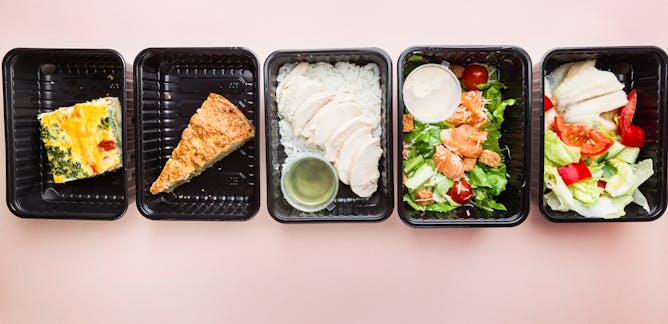
Alvin Orbaek White, Swansea University
A nanotube innovation using waste plastic could help solve one of the world's energy problems.
|
|
|